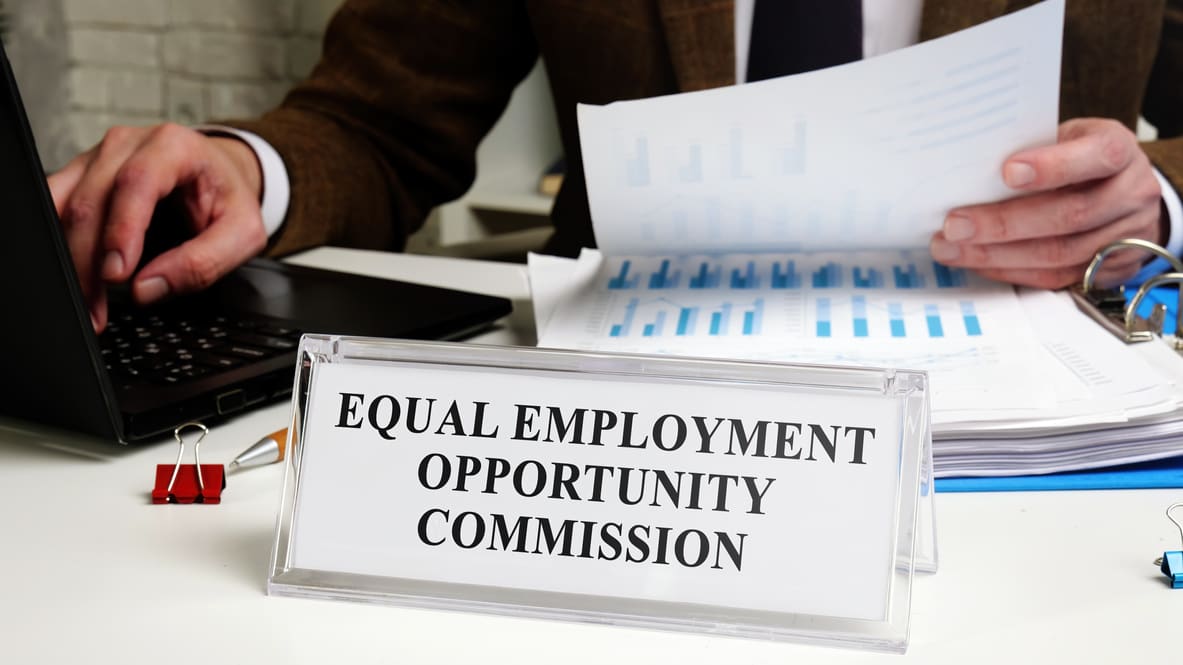In March 2018, actor Frances McDormand won the Best Actress award at the 90th Academy Awards. In her acceptance speech, she referred to a little-known contractual clause that left viewers scratching their heads.
"I have two words to leave with you tonight, ladies and gentlemen: 'inclusion rider,' " she said.
An inclusion rider is a provision in an actor's, director's or content creator's contract that requires a certain level of diversity among a film's cast and crew. For example, an actor could request that a certain proportion of the production crew be LGBTQ, people of color or women.
On April 1, President Joe Biden announced that the co-author of the inclusion rider clause, Kalpana Kotagal, is a nominee to serve as a commissioner on the U.S. Equal Employment Opportunity Commission (EEOC).
Who Is Kalpana Kotagal?
The daughter of immigrants from India, Kotagal is an employment attorney with the law firm Cohen Milstein in Washington, D.C., and a diversity, equity and inclusion (DE&I) expert.
Kotagal represents disenfranchised people in employment and civil rights litigation related to issues involving Title VII of the Civil Rights Act of 1964, the Equal Pay Act, the Americans with Disabilities Act, the Family and Medical Leave Act, and the Fair Labor Standards Act, according to a press release from the White House.
She is also the co-chair of the Alumni Advisory Board on Equity & Inclusion at the University of Pennsylvania Law School, a member of the American Constitution Society Task Force on #MeToo in the Legal Profession and a member of the Advisory Board of the People's Parity Project.
If confirmed by the Senate, Kotagal would presumably take the place of commissioner and former EEOC Chair Janet Dhillon, whose term runs until July.
More on 'Inclusion Rider'
Hollywood has a long history of not including people from minority backgrounds.
People of color still have trouble securing jobs. Each year, the film and TV industry loses $10 billion by undervaluing Black films, filmmakers and executives, according to a 2021 study by consulting firm McKinsey & Co.
"If you look at … Woody Allen's movies in New York, Woody Allen's movies do not reflect the diversity, true racial and ethnic diversity, of New York, and that's what we wanted to create," Kotagal told the University of Pennsylvania Carey Law School in 2018. "We wanted the world in which these movies take place to really reflect the world we live in now."
An inclusion rider aims to increase opportunities for those from historically underrepresented groups, encourages setting benchmarks or targets for hiring and casting of qualified individuals from diverse backgrounds, and provides for accountability to encourage reflection and facilitate progress, according to Cohen Milstein.
In 2018, "Black Panther" actor Michael B. Jordan announced on Instagram that his production company, Outlier Society, would adopt inclusion riders for its projects. Actors Brie Larson, Matt Damon, Ben Affleck and John Boyega have pledged their commitment to using inclusion riders.
"We never thought about our approach to [inclusion riders] as being a very high-profile approach," Kotagal said. "We always thought that the way it would move forward would be with actors, but primarily with their lawyers and their agents, recognizing the value of the idea."
An organization run by AI is not a futuristic concept. Such technology is already a part of many workplaces and will continue to shape the labor market and HR. Here's how employers and employees can successfully manage generative AI and other AI-powered systems.




